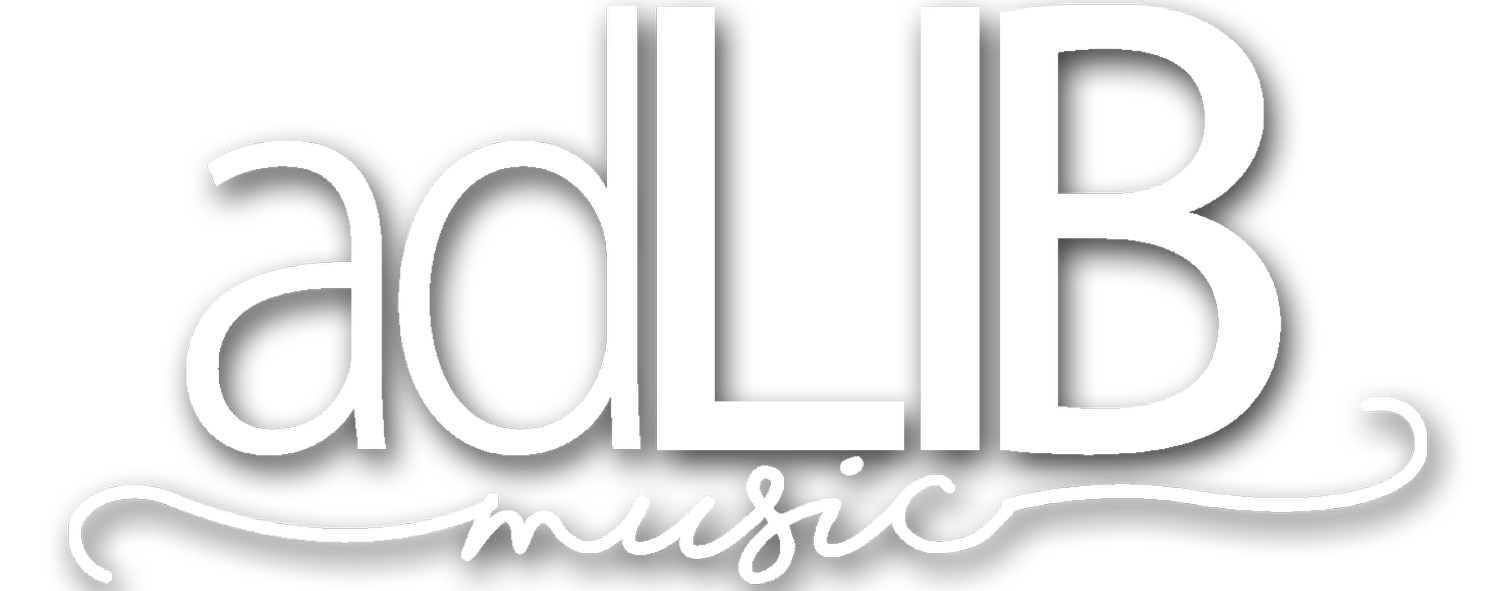How To Lead A Healthy Tech Team - Arrival
How Will I Know If I've Arrived?
This conversation about setting standards and culture is understandably a lot to process. In an instant results-based society, it can be hard to measure whether we’ve arrived or not.
Let’s remember a couple of things. Sanctification and growth happen in degrees. If we drive to the grocery store and see a temperature measurement, we may notice it reads 73 degrees. On the way home, it may read 75 degrees. Will we notice this change? Probably not, although it is a measurable change.
When we talk about affecting culture and growth, we realize that we may not see a noticeable change in the short term.
However, we gauge whether we are on the right track by taking our temperature and then acting as a thermostat to catalyze change. Evaluate your progress with your team. Take time periodically to review your team's growth.
Ask the team if they feel their skills have grown. Are they less intimidated by the tasks at hand? Are you stumped by the same things you were a year ago?
You can review your streaming recordings. There are a lot of excuses and legitimate reasons why your live stream may sound terrible. But as your team grows, it can get better. This is also one of the best ways for your team to evaluate where they stand.
As a sound technician, I review the live streams regularly to help me know where the problem areas are. The better your balance in the house, the better it translates to the recording. (Unless your house and broadcast are genuinely separate.)
Another key to developing culture and growth is encouraging your operators to connect after the service to give helpful feedback. Ask questions such as
“Where were you sitting?”
“Could you hear everything clearly?”
“Was anything exceptionally loud?”
“Was anything exceptionally quiet?”
“How was the timing of the slides?”
“Were the transitions smooth?”
This does several things. First, it helps you reach a consensus on what the community likes. If three people say it was too loud and one person says it was not, chances are it was too loud.
Secondly, it builds community and culture because everyone is in it together. It also reminds your team that they are supposed to be listening and deeply considering how to improve things and actively growing.
Thirdly, and much more subtly, every time you ask yourself how something sounded or looked, you are, in some ways, rewiring your brain or jumpstarting your senses into a deeper level of concentration and critical listening or looking. The more you do this, the quicker you notice subtle differences and improvements.
Fourthly, it reminds the community that you care and are committed to excellence, and at this point, not caring wouldn’t feel right.
As these patterns begin to set, you will start to see your arrival while the culture grows and generates new growth because your values and standards are being met. God does not need us to be professional worshipers, but he requires us to be purposeful worshipers. Let’s rise to that calling.
-Tony Guyer
(purchase our book, "Worship Fertilizer: (the first hundred)" HERE)
How To Lead A Healthy Tech Team - Arrival (Nº 378)

